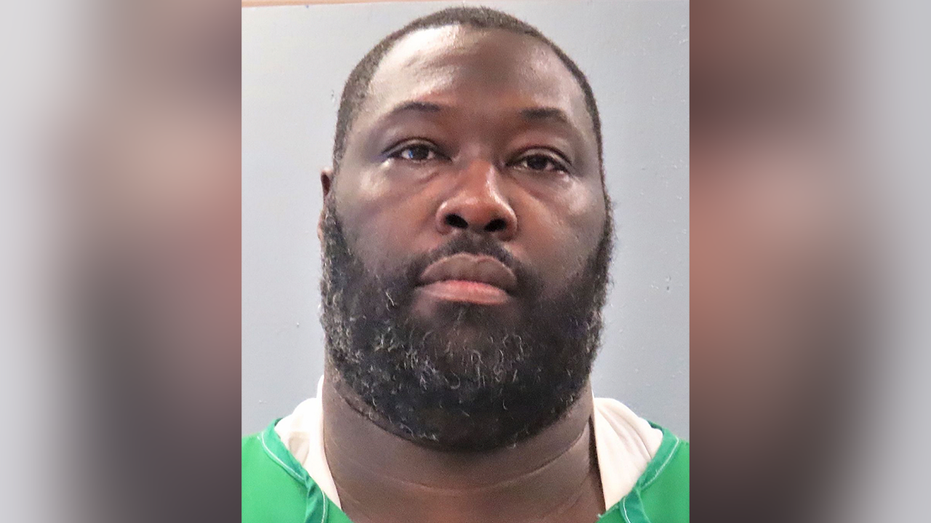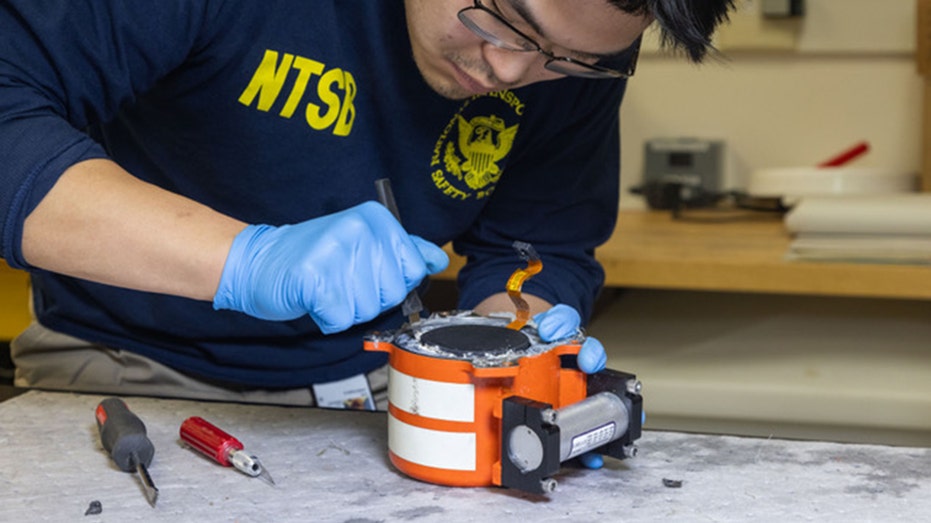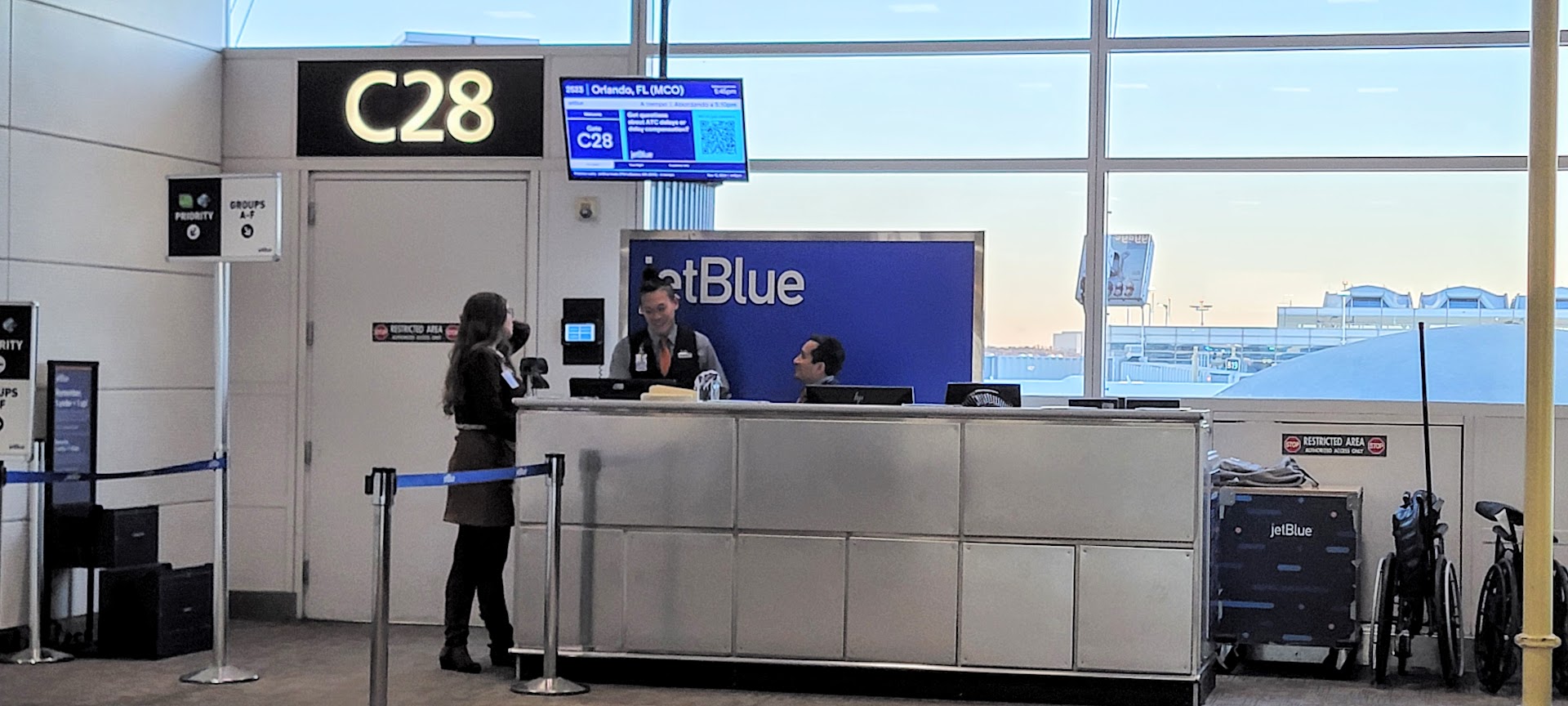We have a shot at ending HIV — don’t let politics get in the way
When the next patient asks me about a game-changing HIV prevention tool, I hope I can say, "It's already here and available to everyone who needs it."

"When is the HIV vaccine getting here?"
A patient recently asked me this during his visit to an HIV clinic in the Dominican Republic. He was there to refill his monthly prescription for pre-exposure prophylaxis (PrEP), a daily pill that reduces the risk of HIV infection. While PrEP pills have been an important tool in HIV prevention, we now have something potentially far more transformative: lenacapavir, recently named Science Magazine's 2024 "Drug of the Year."
Lenacapavir, developed by Gilead Sciences, represents a groundbreaking leap in HIV prevention. Unlike daily PrEP pills, it requires only two injections per year, dramatically improving adherence. In clinical trials, it demonstrated a 96 percent reduction in HIV incidence and was 89 percent more effective at preventing HIV acquisition compared to daily PrEP pills.
Yet weeks after discussing this promising innovation with my patient, I witnessed how quickly political decisions can derail progress in HIV care.
First, the U.S. announced plans to withdraw from the World Health Organization. Thousands of patients on PrEP in the Dominican Republic and globally were then abruptly cut from care due to a sudden freeze on foreign aid. While a subsequent waiver has temporarily restored HIV medication distribution, this whiplash of policy changes underscores the fragility of our global HIV response and the urgent need to ensure equitable access to innovations like lenacapavir.
As an infectious diseases and global health doctor in the U.S. and the Caribbean, I see firsthand the devastating impact HIV continues to have, and the frustratingly slow and deadly pace at which life-saving innovations reach those who need them most. Without swift reconsideration and decisive action, we risk repeating the same patterns of delayed access and inequity with lenacapavir that have long plagued global HIV efforts.
The history of HIV treatment access highlights the often-fatal impact of delays.
At the turn of this century, prohibitively high treatment costs left millions in low- and middle-income countries without life-saving drugs, leading to AIDS-related deaths peaking at 2.1 million by 2004.
Expanded treatment access has since averted 21 million deaths as of 2023, but HIV prevention remains a challenge. In 2023, 1.3 million people contracted HIV, nearly four times the United Nation's 2025 target. With PrEP costs at $360 per person annually — still prohibitive for many — distribution meets just 35 percent of global needs.
There is hope. Gilead, a biopharmaceutical company headquartered in California, recently licensed lenacapavir production to six generic manufacturers for distribution in 120 low-income countries. Research estimates that the drug can be profitably produced for as little as $40 annually. This marks a major milestone, as few pharmaceutical companies have taken similar steps to ensure affordable access to HIV drugs.
However, the agreement excludes many middle-income countries, including most of Latin America, where HIV rates are climbing but where the branded price of $42,000 per year would be prohibitive.
To ensure that lenacapavir reaches its potential, we must take decisive action. First, Gilead should expand its licensing agreement to include all countries. Governments in excluded regions should also consider invoking compulsory licenses — legal mechanisms that allow countries to produce generic version of patented drugs without the patent holder’s consent in public health emergencies. For example, last year Colombia issued a compulsory license to surpass licensing barriers to dolutegravir, a first-line HIV treatment medication.
Second, the U.S. should reconsider its withdrawal from the WHO and ensure uninterrupted funding for critical HIV programs like PEPFAR that are necessary to ensure the global implementation of lenacapavir. The WHO plays a critical role in drug approval and technical assistance for equitable distribution.
For lenacapavir, the WHO could help expedite approvals in countries with high rates of HIV by coordinating regulatory processes and supporting capacity building for local health systems to ensure effective distribution, as it has done for other essential medicines. The U.S., historically the WHO’s largest funder, has a critical role to play, not just by rejoining the organization but by championing its efforts to expedite access to lenacapavir.
Third, public-private partnerships must expand to include lenacapavir. For example, the Medicines Patent Pool, a UN-backed organization that negotiates with pharmaceutical companies to license their patents for affordable production in low-and middle-income countries, could expedite affordable access. Gilead has chosen to license it on its own terms, but global health organizations and advocates for affordable HIV care have called on Gilead to license it through the MPP. Licensing through the MPP would enhance credibility and transparency by standardizing terms for affordability and access, which are often unclear in company-led negotiations.
To be sure, lenacapavir is not a panacea. It doesn't address the underlying socioeconomic factors that drive HIV transmission, nor does it eliminate the need for comprehensive HIV prevention strategies. But it is our best tool now. Every day we delay in making lenacapavir widely accessible is a day we lose in the fight against HIV. As we stand on the brink of a potential turning point in the HIV epidemic, we need a coordinated effort from policymakers, pharmaceutical companies and global health organizations — with active U.S. support — to ensure equitable access.
Lenacapavir represents a chance to rewrite the narrative of global health inequities. But as recent events have shown, scientific breakthroughs alone are not enough. We need stable, equitable global access systems immune to political turbulence. When the next patient asks me about a game-changing HIV prevention tool, I hope I can say, "It's already here and available to everyone who needs it."
Wilfredo R. Matias, MD, MPH, is an infectious diseases doctor at Harvard Medical School, a Paul and Daisy Soros Fellow and a Public Voices Fellow of the OpEd Project.












































![United Lounge Hack: Flyers Are Cooking Up Secret Breakfast Sandwiches—Would You Try It? [Roundup]](https://viewfromthewing.com/wp-content/uploads/2025/01/united-mcmuffin.webp?#)































